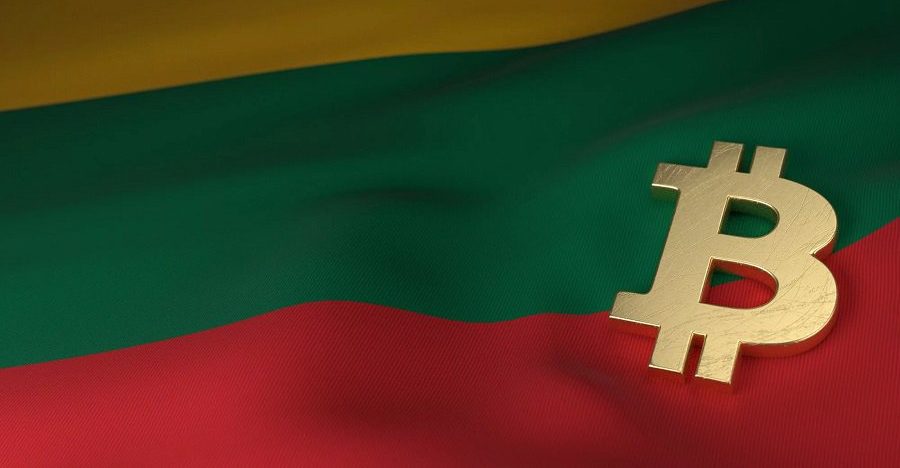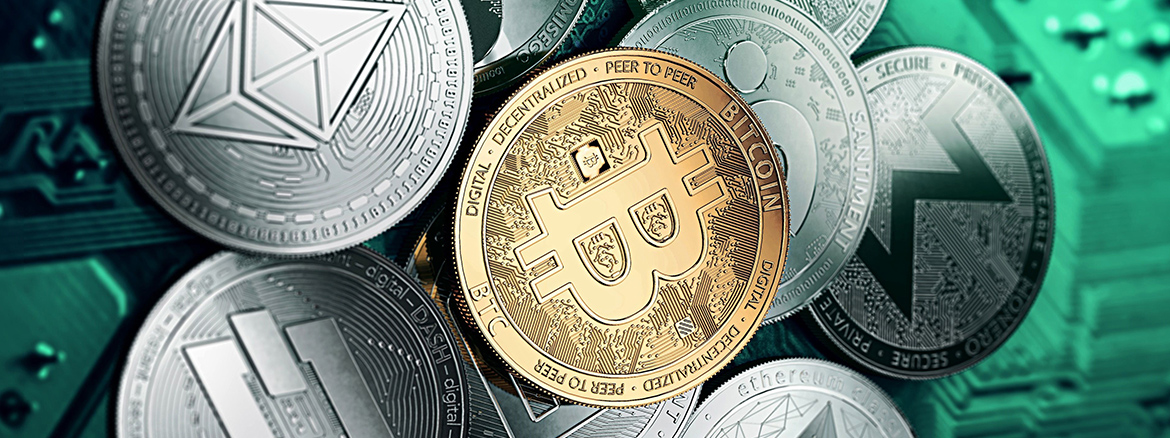Cryptocurrencies are becoming more popular nowadays, and more and more people and companies are interested in the possibility of working with them. In this context, crypto licenses play an important role, which allow legal transactions with cryptocurrencies. In the European Union, different countries offer their own conditions for obtaining such licenses, and one of the most interesting jurisdictions is Lithuania.
Cryptolicense in Lithuania
Lithuania has already established itself as one of the leading EU countries in the field of cryptocurrency regulation. Obtaining a Lithuania crypto license requires compliance with a number of requirements, but these conditions are quite transparent and understandable for business. One of the key advantages of Lithuania is the relatively quick registration of a license and the affordable costs of obtaining and maintaining it.
The Lithuanian cryptolicense grants the right to carry out operations such as the exchange of cryptocurrencies and the storage of digital assets. This allows companies to offer a wide range of services to their customers. In addition, Lithuania actively supports technological innovations and cooperation with international organizations, which contributes to the development of the cryptocurrency business.

Crypto licenses in other EU countries
Crypto licenses in other EU countries:
· Estonia. Estonia was one of the first countries to offer legal registration of a cryptocurrency business. Until recently, the Estonian crypto license was considered one of the most accessible and popular. However, in recent years, the requirements for obtaining a license have been significantly tightened. Companies are now required to have a physical presence in the country and meet stricter financial requirements. This makes the process of obtaining a license more complicated and expensive.
· Germany. In Germany, the regulation of the cryptocurrency business is under the control of the Federal Financial Supervision Authority (BaFin). Obtaining a license here is associated with meeting strict requirements, including the availability of authorized capital and compliance with anti-money laundering measures. Although Germany offers a stable and reliable legal environment, the costs and complexity of the licensing process can be a major obstacle for small companies.
· Malta. Malta is often referred to as the “blockchain island” because of its favorable approach to cryptocurrency regulation. The Maltese crypto license provides companies with a wide range of business opportunities. However, despite the attractive conditions, the process of obtaining a license can be lengthy and expensive. It is also important to keep in mind that Malta requires companies to have a local representative office and meet strict compliance standards.

Comparison and conclusions
Comparison of the main aspects of crypto licenses in Lithuania, Estonia, Germany and Malta.
· Ease and speed of obtaining a license. Lithuania offers a relatively quick and easy license registration, which is a big plus for startups and small companies. In Estonia and Germany, the process of obtaining a license is more complicated and requires a lot of time and resources. Malta also cannot boast of the speed of obtaining licenses, although its conditions are generally attractive.
· The cost of obtaining and maintaining a license. The Crypto license Lithuania is distinguished by the affordable costs of obtaining and maintaining a license. Estonia, Germany and Malta impose higher financial requirements on companies, which can become a serious barrier to entry into the market.
· Legal and financial stability. All the countries considered offer a high level of legal and financial stability. However, Germany stands out for the most stringent and well-regulated requirements, which can be a plus for companies that strive for maximum reliability.
· Business opportunities. Lithuania, thanks to its flexible and understandable rules, provides the company with good opportunities for the development of the cryptocurrency business. Estonia and Malta also offer great opportunities, but business requirements may be more difficult to meet. Germany, despite the strict conditions, provides a stable and reliable working environment.
Each EU country offers its own conditions for obtaining crypto licenses, and the choice of jurisdiction depends on the specific needs of the business. Lithuania stands out for its affordable and transparent conditions, which makes it attractive for startups and small companies. Estonia and Malta offer great opportunities, but they require high costs and strict standards.


